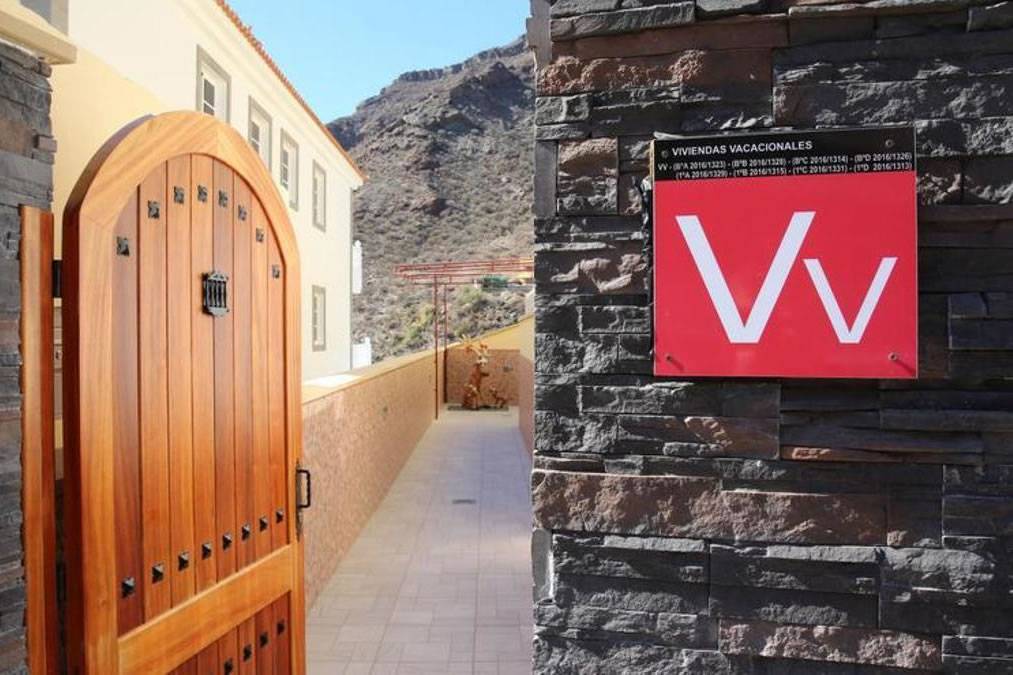The new draft law on holiday lets reaches Parliament, the last step for its approval
- 27-12-2024
- National
- Canarian Weekly
- Photo Credit: CW
The Government of the Canary Islands is set to present the long-awaited draft law to regulate holiday lets to the regional Parliament, the last step in getting it approved and making it official. The legislative process is expected to be completed by the end of the year.
The Minister of Tourism, Jessica de León, confirmed this following a Council of Government meeting yesterday, saying there has been “multiple changes” made to the initial draft in response to public feedback.
The new draft law, described as part of the government’s “reformist agenda,” reflects significant modifications introduced during an extensive public consultation. Over 5,000 comments were submitted by the public, leading to adjustments aimed at balancing tourism growth with the needs of local communities.
Key Revisions to the Draft Law
One significant change addresses the distinction between property owners and operators of holiday rental properties. Initially, the draft imposed a maximum operating period of 20 years, but following public consultation, owners complying with existing regulations will be permitted to operate indefinitely.
Another notable amendment involves municipalities with high housing demand and limited tourism capacity. The law proposes that in areas where 90% of housing is residential and 10% is tourist accommodation, local councils can issue reports detailing the impacts of additional holiday rentals.
Furthermore, the law aims to limit holiday rentals to 10% of a municipality’s residential capacity, with exceptions for La Palma, La Gomera, and El Hierro, where the cap is set at 20%. According to the National Statistics Institute (INE), 17 municipalities currently exceed the 10% threshold, emphasizing the necessity of these restrictions.
Controversies and Challenges
Despite its broad objectives, the draft law has faced criticism from the Canary Islands Advisory Council. While the council endorsed the legal text, it raised concerns about its alignment with sustainable development principles.
The proposed changes to the contentious 2017 Land Law, allowing for growth in tourist and residential areas within designated zones, have also sparked debate. Critics argue that the law may fail to adequately prevent overcrowding in already saturated areas.
In a recent interview, Minister de León emphasised that the legislation forms part of a broader strategy to address public discontent over mass tourism, as evidenced by demonstrations earlier this year. She stressed that only 10% of the Canary Islands’ housing stock of approximately one million properties, would be available for holiday rentals under the new law (i.e. 100,000 properties)
Additional Reforms and Stakeholder Input
The revised law eliminates certain initial requirements, such as mandatory electric vehicle charging points within 500 metres of a rental property, and reduces the minimum property size to 25 square metres. Collaboration with organisations like FECAI and FECAM has also played a crucial role in fine-tuning the legislation.
De León noted that local councils would not need substantial changes to their general planning documents, as temporary or detailed ordinances could suffice. For example, the Granadilla municipality recently developed a straightforward ordinance in just one month.
The minister expressed confidence in the law’s legal robustness, highlighting its extensive consultations and revisions. She also stressed that VV licences will not be granted until local municipalities align their planning frameworks with the new regulations.
Broader Implications
The legislation includes robust measures to enforce compliance, such as requiring technical project submissions and strengthening oversight through a unified digital platform managed by local, regional, and national authorities.
While the law’s primary goal is to regulate holiday rentals, Minister de León believes it will also alleviate pressures in the residential housing market, albeit partially. She reiterated calls for the repeal of Spain’s national housing law, which she views as a contributing factor to the housing crisis.
Context of Tourism Reform
The draft holiday rental law coincides with broader efforts to modernise the Canary Islands’ 1995 Tourism Law. De León explained the need to adapt to contemporary challenges, including energy, water, housing, and migration crises, which collectively shape the region’s legislative priorities.
This initiative marks a significant step towards addressing the complex interplay between tourism, housing, and sustainable development in one of Spain’s most visited regions. Whether the new law achieves its objectives remains to be seen, but it highlights the Canary Islands’ commitment to balancing economic growth with the well-being of its residents.
Other articles that may interest you...
Trending
Most Read Articles
Featured Videos
TributoFest: Michael Buble promo 14.02.2026
- 30-01-2026
TEAs 2025 Highlights
- 17-11-2025



























































